More Posts
Purefinancial
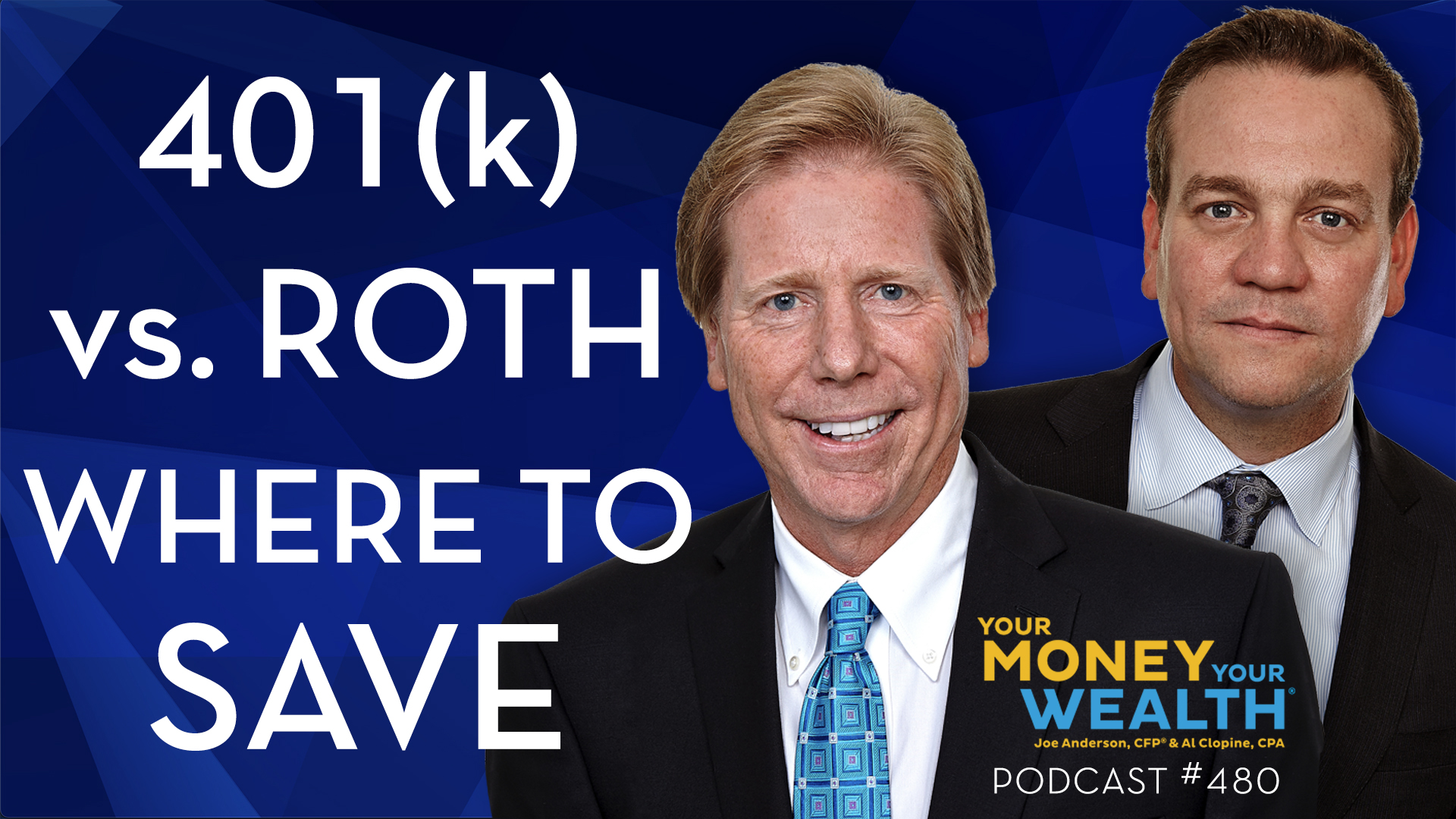
Kyle and his fiancée are in their 30s, have done a great job saving, and are in a high tax bracket. Would it make more sense for them to contribute to their 401(k)s or Roth 401(k)s for retirement? Mick’s wife Pam has both W-2 and sole proprietor income – where should she save for retirement? Plus, Joe and Big Al spitball for Janet on where junk bonds belong in a portfolio, they untangle the pro-rata and aggregation rules concerning 401(k) to Roth conversions for Nancy, and they spitball on whether Cary and Mark should retire now or work for two more years when pensions will provide them an extra $50K a year.
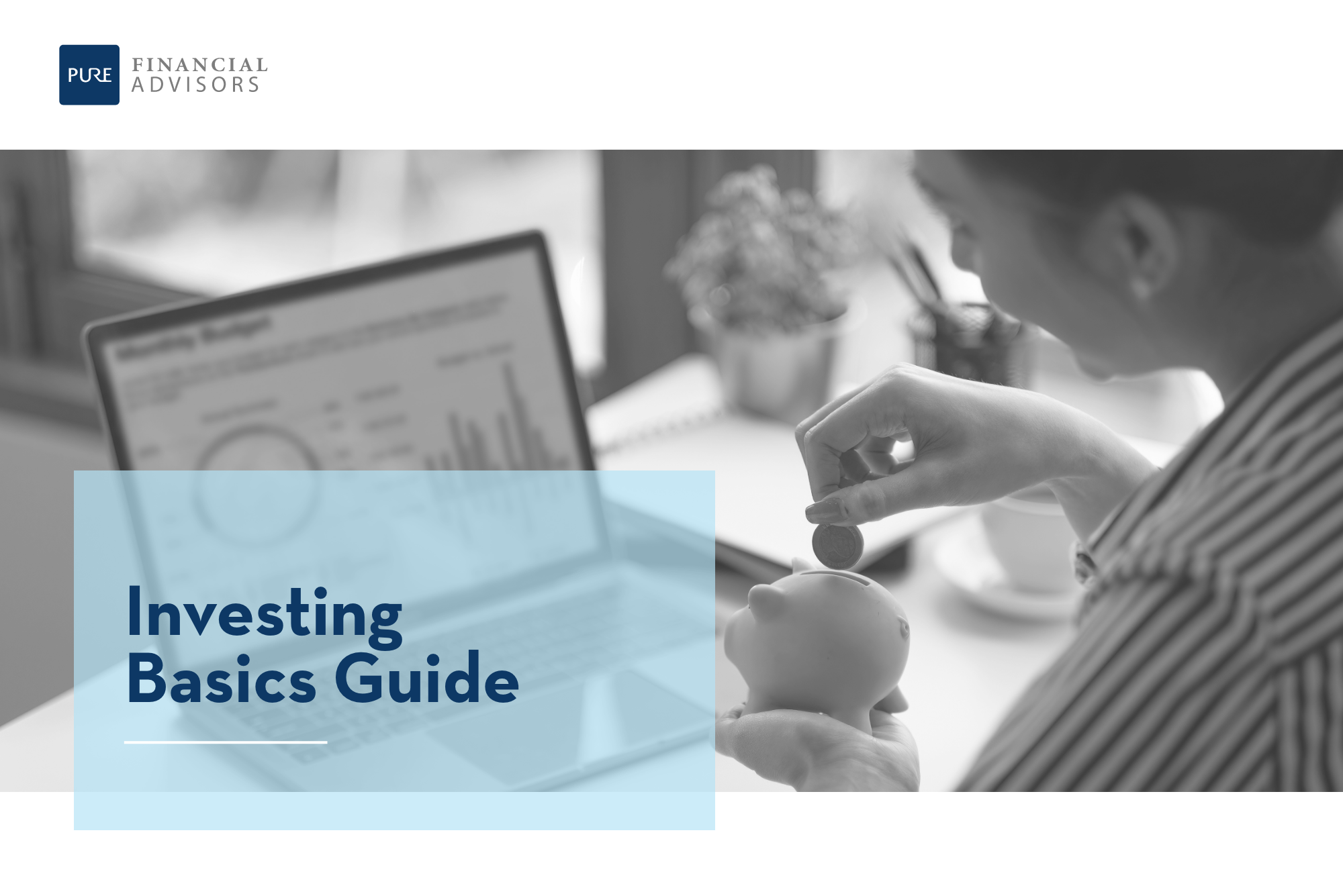
Updated for 2024: How investment savvy are you? Do you know the difference between asset allocation and asset location? Many Americans don’t have a solid understanding of basic investing terms and concepts, and their lack of financial literacy can cost them! It can be difficult to grow your wealth if you don’t know what tools […]
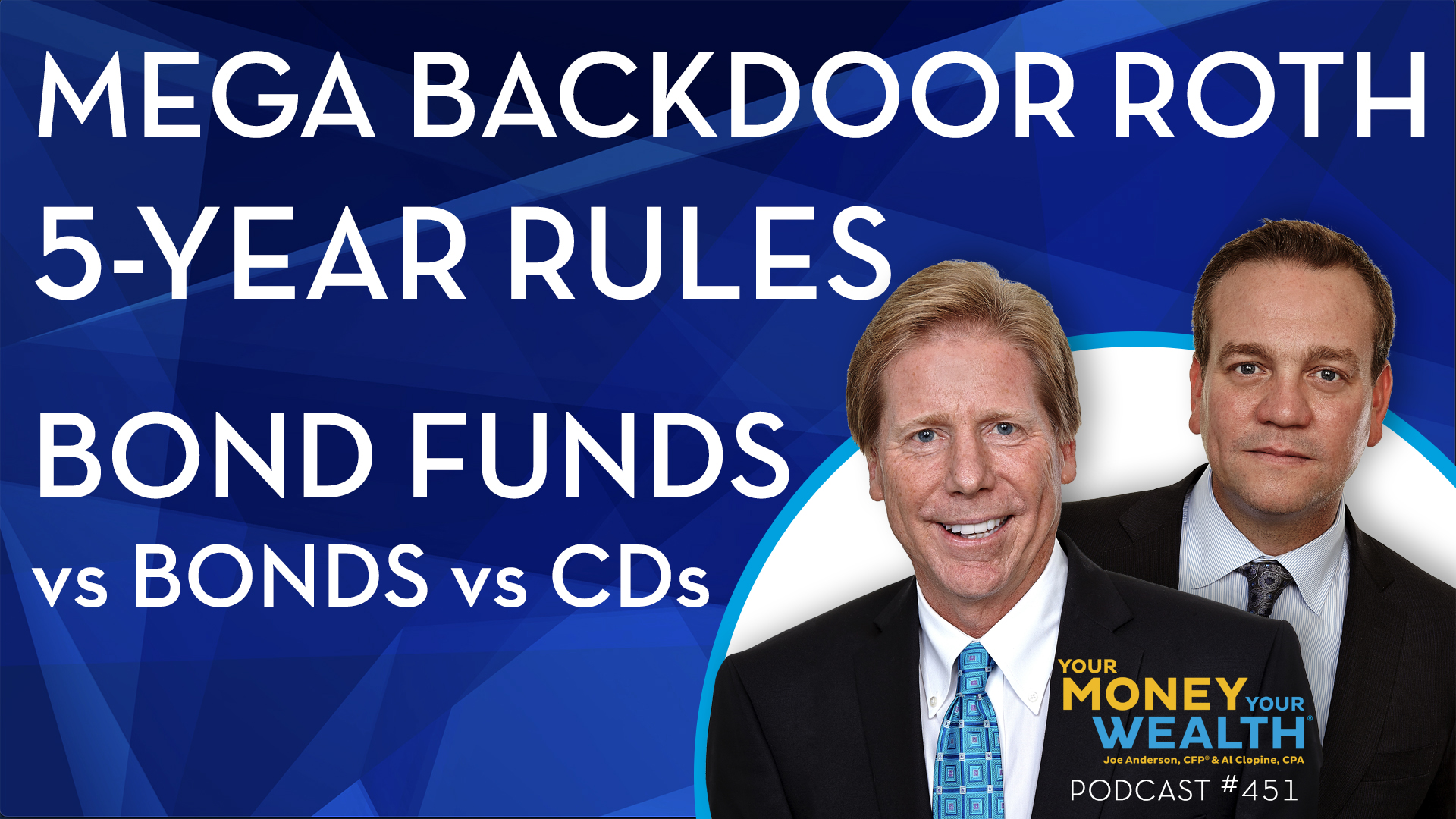
Should Jim in New Jersey do the YMYW-infamous Megatron (the Mega Backdoor Roth IRA) or use his Roth 401(k) – and how can he keep bonds out of his Roth accounts? Joe and Big Al discuss the January first start date when it comes to the 5-year rule on Roth conversions for Nancy in Wisconsin, and they spitball on those Roth clocks for withdrawals and tax-efficient investments for Johnny Mercer in Savannah, GA, who also wants to know the pros and cons of bonds vs. bond funds vs. CDs. Plus, should Brad in St. Louis incorporate bonds into his investment portfolio, given the fact that he will have pensions and Social Security providing 5 streams of fixed income in retirement?
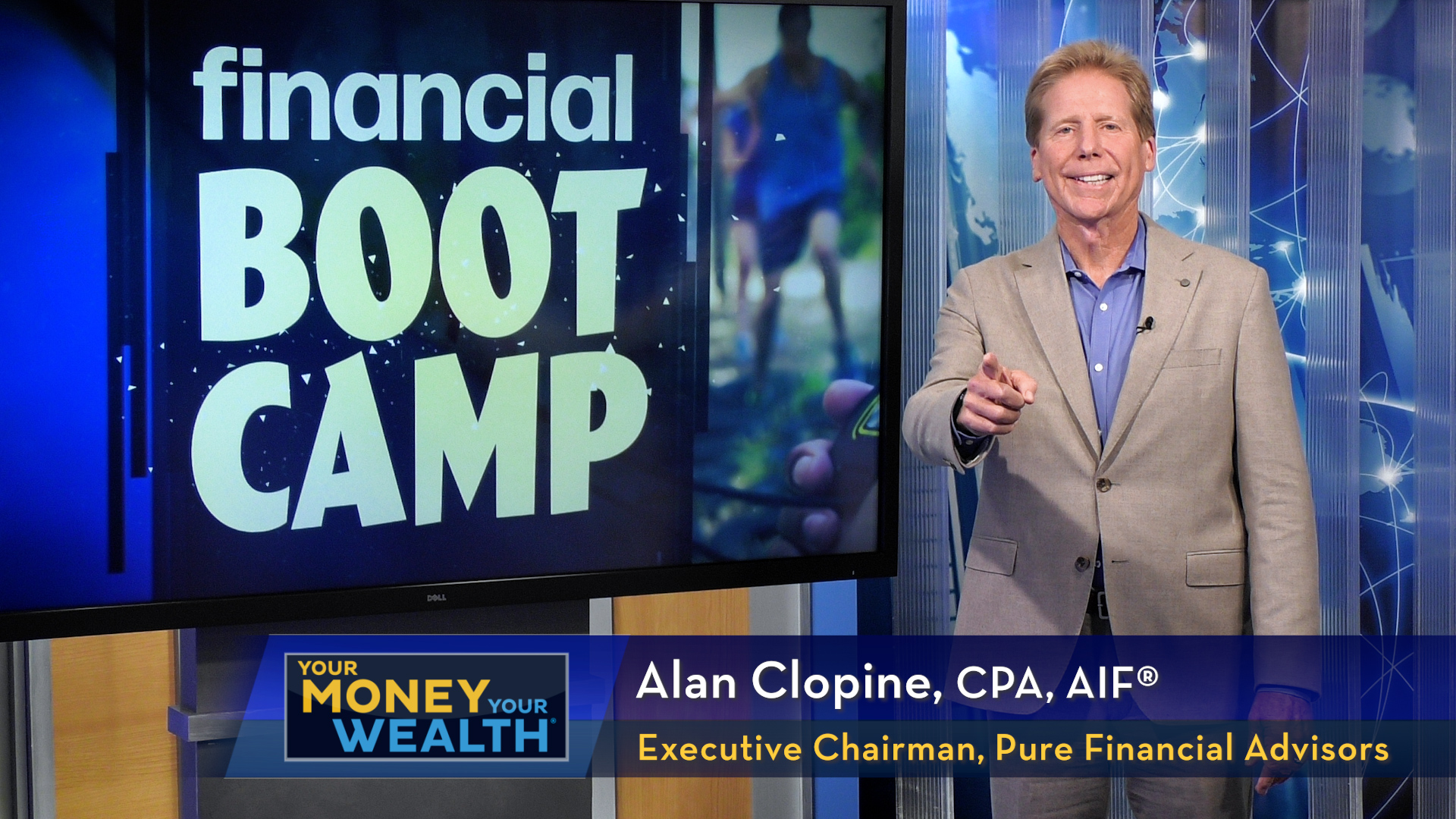
Stocks and bonds, 401(k)s and IRAs – how investment savvy are you? Less than half of Americans have a solid understanding of basic investing terms and concepts. It can be difficult to grow your wealth if you don’t know what tools and strategies are available, much less know how to use them to develop a […]

Do you want to understand how to get the most amount of return for the amount of risk you’re willing to tolerate? Pure’s Financial Planner, Sumit Mehta, CFP®, AIF®, provides insight into what investing strategies can help you improve your odds of success and establish a foundation to achieve long-term goals. FREE GUIDE | 10 […]

What’s the best strategy for E-Dog’s restricted stock units with his employer, how are RSUs taxed, and how do Roth conversions fit into the mix? Should Jay in Raleigh liquidate his annuities or follow “Stan the Annuity Man’s” advice and take the annual payments? Elisa wants to know how a mutual fund portfolio would work in retirement, and what’s a good way for listener Joe to invest in bonds in a taxable account to bring his portfolio back into proper balance? Finally, the fellas spitball on Medicare savings vs. Roth conversions for David, and an unrealized gain strategy on an UTMA education savings account for Jay in California.

Are low-cost mutual funds or ETFs better investments in a tax-advantaged account? Also, more strategizing from that SECURE Act 2.0 529 plan provision, the pros and cons of selling a rental house now or holding it until you pass, and an easy-breezy self-employed retirement account that’s better than a SEP IRA. Plus, will municipal bond income bump you into a higher tax bracket? Can you avoid capital gains tax by investing less aggressively over time?
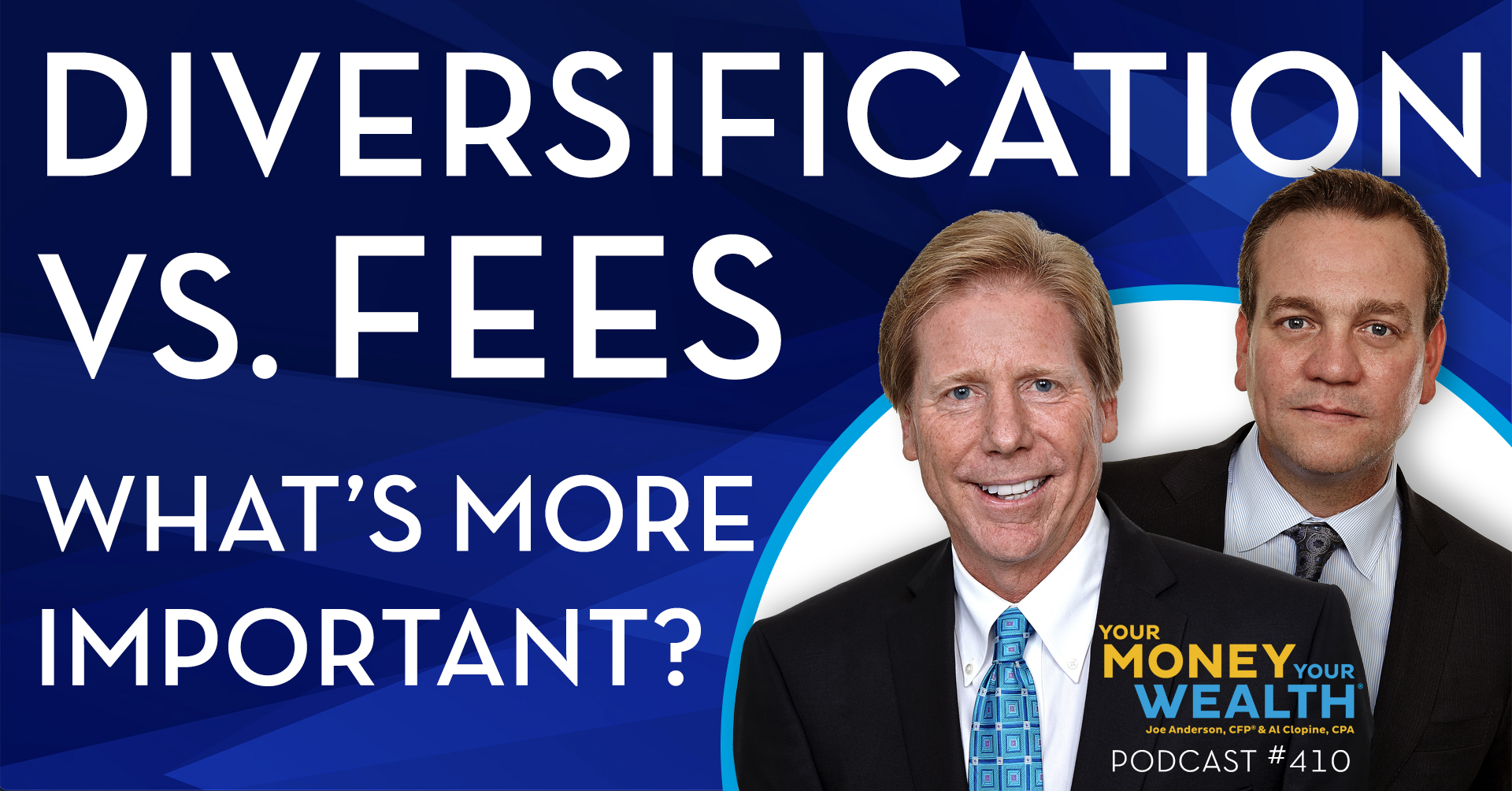
Is it better to choose low-cost index funds or to diversify investments, even if it means paying higher fees? What causes mutual fund price fluctuation? Are mid-cap funds necessary in a balanced portfolio? Joe and Big Al also talk about real estate funds vs. real estate investment trusts (REITs), and annuities vs. bonds in a retirement portfolio. Finally, we revisit some investing strategy questions from earlier in the year that are still relevant in today’s volatile markets, on moving to cash in tough times, analyzing your asset allocation, and rebalancing your retirement portfolio.
Subscribe to the YMYW podcast Subscribe to the YMYW newsletter
LISTEN on Apple Podcasts | Google Podcasts | Stitcher | Player FM
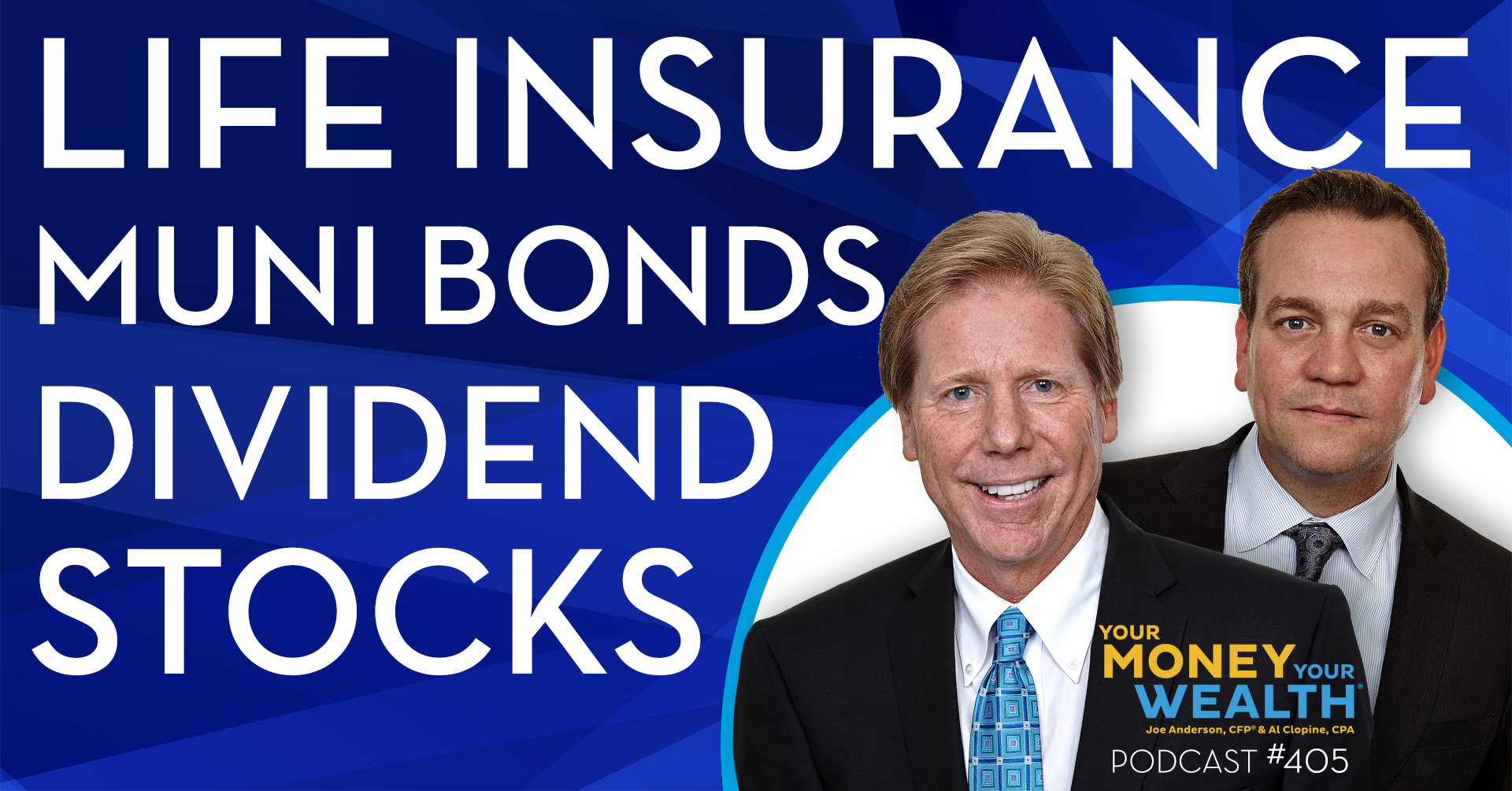
Joe and Big Al discuss LIRPs, or life insurance retirement plans, they spitball whether to take full pension survivor benefits or buy a life insurance policy, and whether to sell losing stocks for even bigger losers to take advantage of the 0% capital gains tax bracket. Plus, zero coupon municipal bonds and the de minimis rule, and target date funds as part of Paul Merriman’s Two Funds for Life strategy. Finally, how do dividends figure into the 4% rule for retirement withdrawals, and should that 4% come from stocks or bonds?
Subscribe to the YMYW podcast Subscribe to the YMYW newsletter
LISTEN on Apple Podcasts | Google Podcasts | Stitcher | Player FM
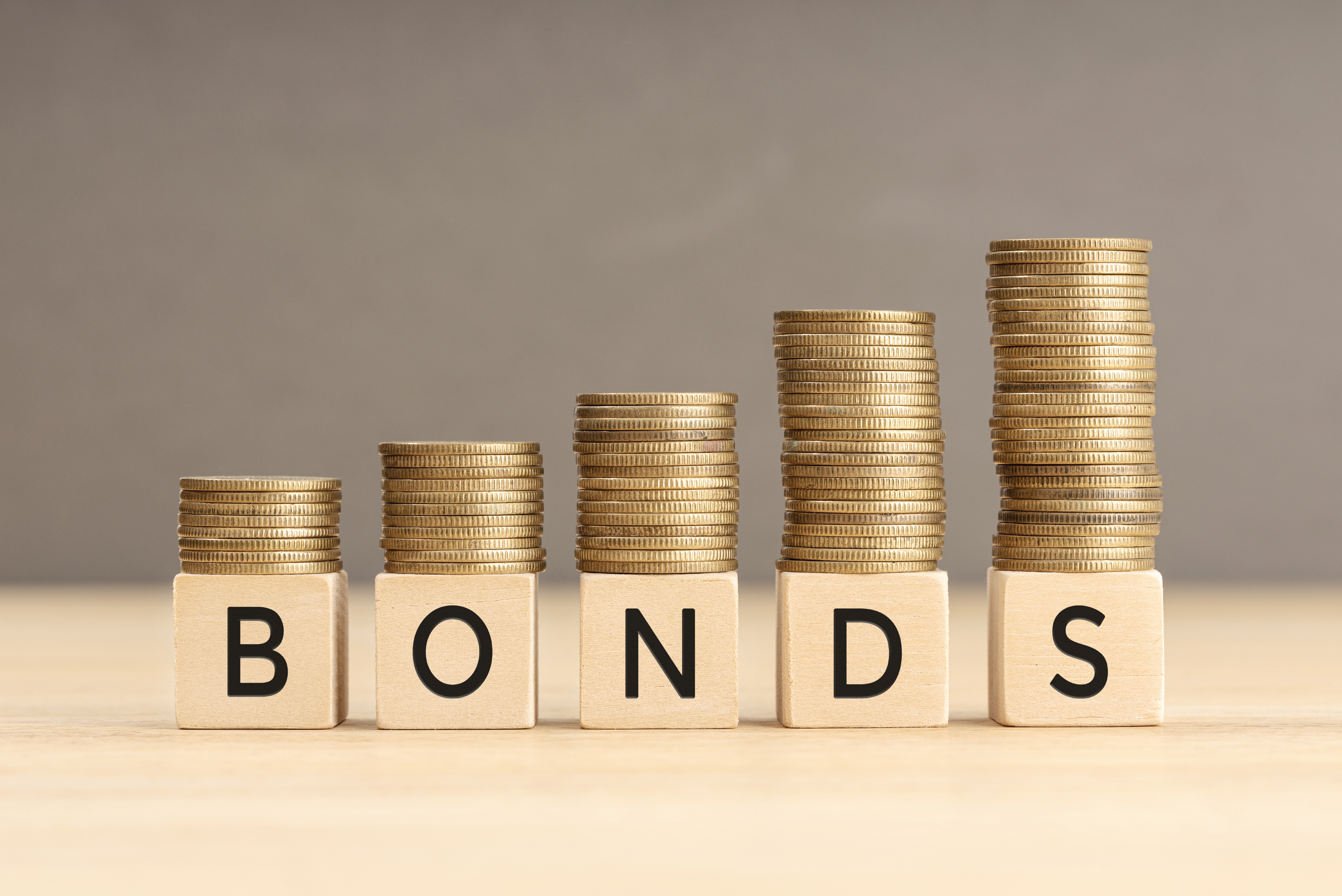
Most investors hold bonds for safety, diversification, and income. In fact, you’ve probably read or been told that you should hold stocks for growth and bonds for safety. There is logic to that advice; bonds have historically been much less volatile than stocks and historically have provided ballast during stormy markets. That concept might leave […]
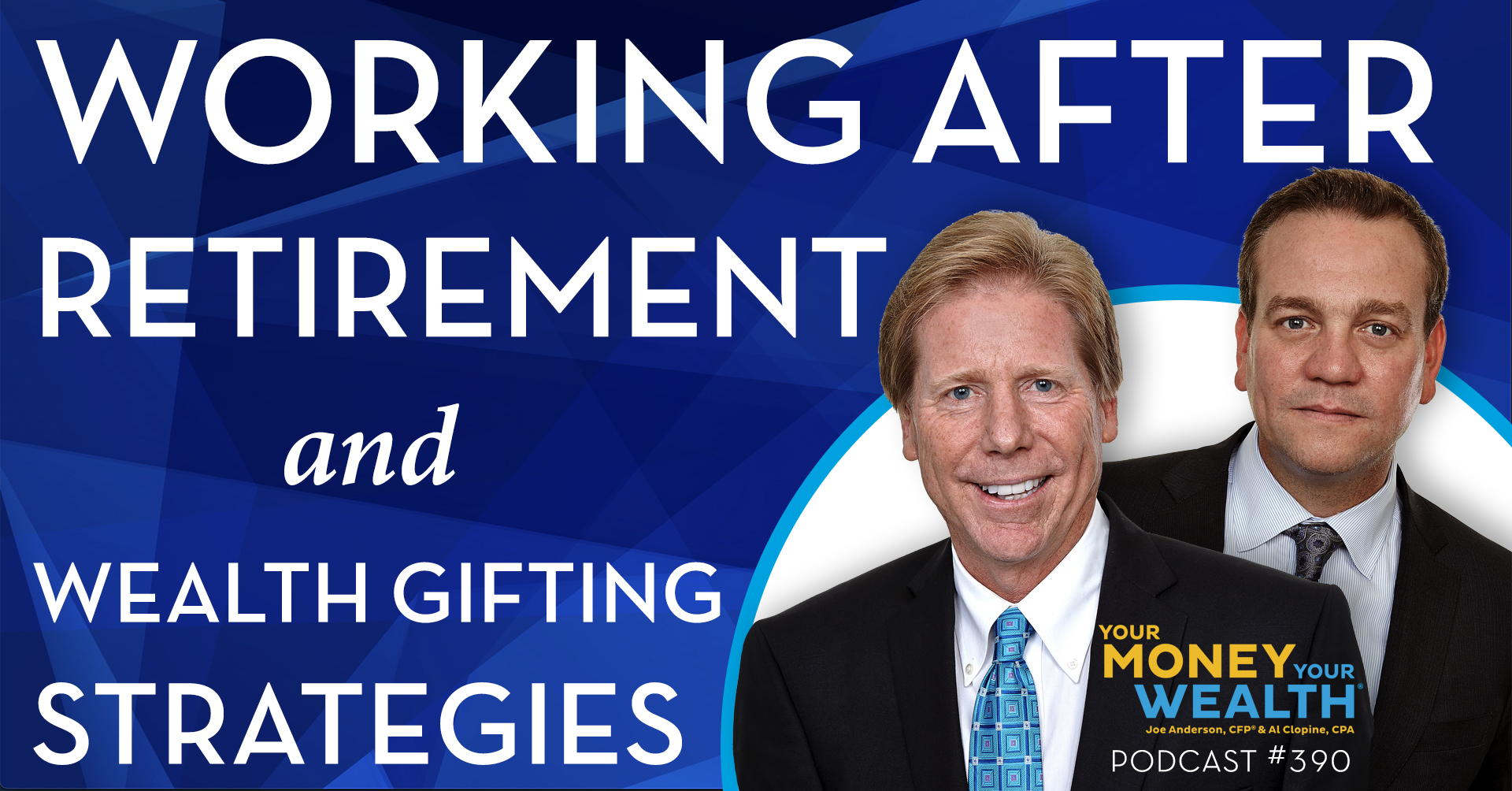
When you retire and when you actually stop working may be two different things. How can you get a raise when you’re working for a startup in retirement? Should you do Roth conversions before or after you quit working? Plus, find out what Joe and Big Al think about a 529 and series I bond gifting strategy, and using whole life insurance to transfer wealth to the kids.
Subscribe to the YMYW podcast Subscribe to the YMYW newsletter
LISTEN on Apple Podcasts | Google Podcasts | Stitcher | Player FM

With the consumer price index at forty-year highs, this is a good time to take a look at what types of investments might make sense in an inflationary environment. Before diving in, though, it’s important to note that there are no foolproof methods to avoid short-term surprises. The bottom line is that if inflation readings […]

Inflation is high, interest rates are high, and the financial markets are volatile. Are bonds and series I bonds good investments or bad investments right now? How do bonds fit into your overall retirement portfolio? Plus, variable annuities, evaluating the long-term value of Roth contributions vs. Roth conversions, what if anything can be done about losses in an after-tax 401(k), helping adult kids buy a home – and drinks in the Derails.
Subscribe to the YMYW podcast Subscribe to the YMYW newsletter
LISTEN on Apple Podcasts | Google Podcasts | Stitcher | Player FM





